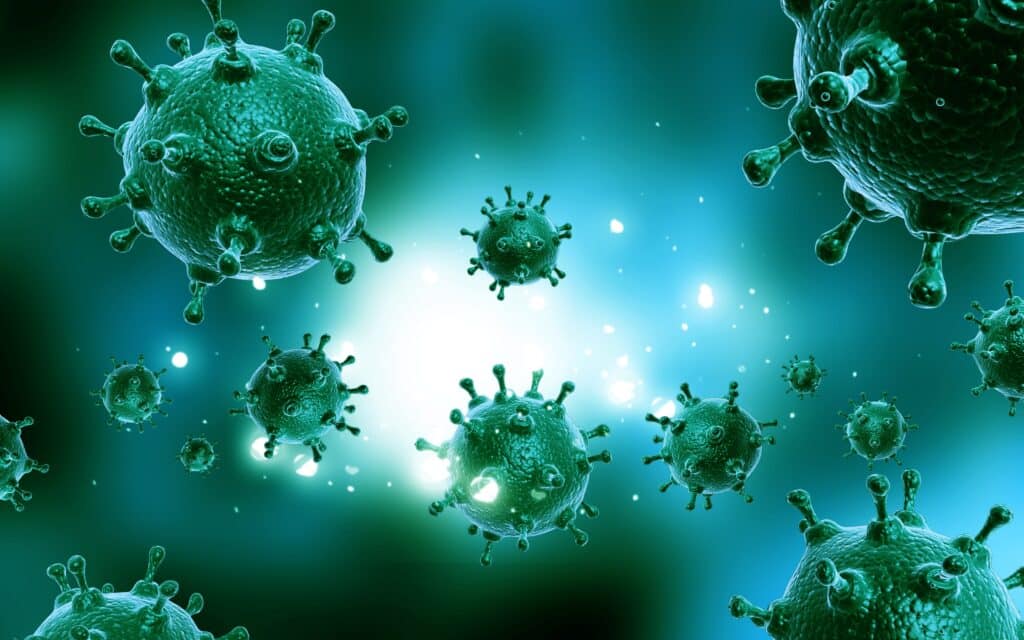Gene therapies have ushered in a new era of medical possibilities, offering hope to patients with previously untreatable conditions. Their high costs, however, have raised concerns about accessibility. In response, companies are exploring innovative alternatives to traditional viral vectors, aiming to not only overcome their technical limitations but also significantly reduce costs.
The Viral Vector Challenge
Although viral vectors, particularly adeno-associated virus (AAV) and lentiviruses, have been the first gene therapy delivery platforms to receive regulatory approval, they are not without drawbacks. Issues such as the substantial biomass required for large-scale AAV production, limited packaging capacity, poor tissue selectivity, risk of liver toxicity, and immunogenicity have emerged, rendering repeat dosing impossible and raising concerns about safety.
Replacing Viral Vectors with Nucleic Acid Delivery Technologies
Biotech companies Moderna and Generation Bio are at the forefront of the movement to replace viral vectors in gene therapy. They joined forces to develop non-viral gene therapy delivery technology, specifically targeting liver and immune-related disorders. This collaboration leverages Generation Bio’s lipid nanoparticle (LNP) delivery platform and signals a shift away from viral vector delivery platforms toward nucleic acid delivery platforms. Such alternatives offer the potential for repeated doses of genetic medicines.
Non-Viral Delivery: Meeting Requisites and Gaining Momentum
Non-viral technologies must meet specific criteria to be considered viable alternatives. They must be able to carry a sizable payload, deliver it to target organs, be non-immunogenic to allow for repeat dosing, maintain high safety margins, and have low production costs. While many non-viral technologies are still in the preclinical phase, funding and research activity is growing.
The following companies are advancing innovative non-viral gene therapy delivery platforms:
- Aera Therapeutics is developing a protein-nanoparticle system that relies on endogenous human proteins to deliver a nucleic acid payload.
- Intergalactic Therapeutics hopes to begin clinical trials next year to test a retinal therapy that uses in vivo electroporation to deliver covalently closed, circular DNA molecules.
- ReCode Therapeutics has started clinical trials of a nebulized LNP that delivers mRNA for the protein DNAI to the lungs as a treatment for primary ciliary dyskinesia.
A Lesson from mRNA COVID-19 Vaccines
The successful global deployment of low-cost LNP-based mRNA vaccines for COVID-19 demonstrated the feasibility of manufacturing and delivering billions of doses. However, delivering LNP-encapsulated DNA or other cargo to specific cell nuclei within target tissues presents a more complex challenge. Achieving precise cell targeting and localization to the nucleus is crucial.
The Liver Problem and Alternatives
Because the liver filters out viral and non-viral vectors, it poses a significant obstacle for systemically delivered gene therapies with other intended targets. Apolipoprotein E (ApoE), a serum protein, plays a key role in this process, binding to circulating LNPs and other delivery vehicles and directing them to the liver. Innovative strategies are required to overcome this challenge. For example, ReCode and Generation Bio are adding targeting mechanisms to LNPs to redirect their delivery away from the liver.
Other non-viral delivery approaches avoid the liver entirely:
- Code Biotherapeutics’ 3DNA platform uses molecules that bind to cell surface proteins expressed on target cells to deliver nucleic acid-based therapies.
- Gensaic uses capsid proteins from phage M13 to create protein-based nanoparticles with no predefined tissue tropism.
- Nanite is exploring the use of other types of nanoparticles, including polymer-based, that do not travel to the liver by default.
Redefining Gene Therapy Safety and Accessibility
Non-viral gene therapy delivery mechanisms that are immunogenicity-free and capable of precise organ targeting could transform gene therapy, making it safer and more accessible. With the potential for repeated dosing and patient-specific dosing, gene therapy could eventually resemble treatment with biologic drugs.
Did you enjoy this blog post? Check out our other blog posts as well as related topics on our Webinar page.
QPS is a GLP- and GCP-compliant contract research organization (CRO) delivering the highest grade of discovery, preclinical and clinical drug research development services. Since 1995, it has grown from a tiny bioanalysis shop to a full-service CRO with 1,100+ employees in the U.S., Europe and Asia. Today, QPS offers expanded pharmaceutical contract R&D services with special expertise in neuropharmacology, DMPK, toxicology, bioanalysis, translational medicine and clinical development. An award-winning leader focused on bioanalytics and clinical trials, QPS is known for proven quality standards, technical expertise, a flexible approach to research, client satisfaction and turnkey laboratories and facilities. Through continual enhancements in capacities and resources, QPS stands tall in its commitment to delivering superior quality, skilled performance and trusted service to its valued customers. For more information, visit www.qps.com or email info@qps.com.








